Detective Helen Grus of the Ottawa Police Service is not just fighting for her career—she is fighting for truth, transparency, and the very integrity of law enforcement. Her ordeal began with a simple but urgent investigation into a shocking spike in unexplained infant deaths. What she uncovered, however, threatened to expose uncomfortable truths about the Covid-19 mRNA vaccines, setting off a relentless campaign to silence and destroy her.
This is not merely a story about one police officer. It is a harrowing example of how Western institutions, once rooted in evidence-based decision-making and transparency, are being weaponized to serve political agendas. It is a case that demands attention—not just for what it says about Canada, but for what it reveals about the state of justice and accountability across the West.
An Alarming Investigation
In late 2021, Detective Grus noticed a disturbing pattern: nine infant deaths in a single week, an unprecedented anomaly. Her investigation raised serious questions about a potential connection between the mothers’ vaccination status and these tragic deaths. Among the evidence she presented to her superiors was a Pfizer report revealing that 31 out of 32 pregnancies in their trial had ended in spontaneous abortion—a fact that Pfizer had allegedly failed to disclose to the public.
She briefed Ottawa’s Chief of Police Peter Sloly, Deputy Chief Patricia Ferguson, and Service Sergeant Major Danilock about her findings, warning them that the mRNA vaccine had never been tested on pregnant women. Instead of receiving support, Grus was abruptly suspended in February 2022 for conducting what they deemed an “unauthorized” investigation.
This was no ordinary suspension. It was the first strike in a calculated effort to discredit her, intimidate her colleagues, and suppress any further investigations into the vaccines.
A Campaign of Retaliation
The lengths to which Ottawa Police and allied institutions went to destroy Grus are staggering. Two officers within the force illegally leaked confidential details of her investigation to CBC journalist Shamini Yogaretnam, who published defamatory articles branding Grus as a rogue officer. These articles falsely claimed she had improperly obtained coroner records and had caused unnecessary trauma to grieving families.
When Grus demanded an investigation into the illegal leak, Ottawa Police Professional Standards refused. This blatant failure to uphold accountability only deepened suspicions that the force was working to shield its own interests at her expense.
Worse still, her own colleagues turned against her. Detective Tara Anderson, who had failed to document the vaccine status of parents and infants—a standard practice in such cases—filed a complaint against Gruss. Anderson’s failure should have been the focus of scrutiny, yet it was Gruss who faced professional annihilation. Another colleague, Detective Aaron McMullen, who also lodged complaints against her, was later promoted to sergeant despite a troubling record that included neglect in a domestic violence case that ended in murder.
The message was clear: loyalty to the political agenda would be rewarded, and any deviation from the script would be punished.
Illegal Surveillance and a Flawed Tribunal
The persecution of Gruss didn’t stop with suspension and defamation. Desperate to find grounds for criminal charges, Ottawa Police illegally wiretapped Gruss and her family, invoking emergency terrorism provisions meant for urgent national security threats. After two days of surveillance, they found nothing incriminating. But this abuse of power speaks volumes about the lengths they were willing to go to silence her.
Grus’s tribunal, which has become the longest and most expensive prosecution in Ottawa Police history, has been riddled with bias and corruption. Adjudicator Chris Renwick has repeatedly undermined her defense, denying expert witnesses and forbidding her from reviewing her own handwritten notes. Prosecutor Vanessa Stewart, whose sister-in-law testified against Grus, was replaced by Linda Bordeleau—a lawyer deeply tied to Ottawa’s police establishment. Bordeleau’s husband is former Ottawa Police Chief Charles Bordeleau, raising serious questions about conflicts of interest.
Even more egregious, Professional Standards Inspector Hugh O’Toole threatened Grus not to present key evidence in her defense, including internal police documents. When defense lawyers accused him of criminal witness tampering and obstruction of justice, O’Toole quietly resigned, likely to avoid further scrutiny.
Abandoned by Her Union
Adding to the injustice, Grus’s own police union refused to cover her legal fees, leaving her to fight this uphill battle on her own. This stands in stark contrast to the union’s swift support for officers facing serious criminal charges, including sexual assault and forcible confinement. The union’s silence speaks volumes about the political pressures surrounding her case.
What’s at Stake
The implications of Grus’s case go far beyond her personal suffering. Since her suspension, not a single Canadian police officer has dared to investigate vaccine-related injuries or deaths. The chilling effect is undeniable, and it raises grave concerns about the independence of law enforcement in politically sensitive matters.
This is not just about Grus—it’s about the erosion of public trust in institutions that are supposed to serve justice without fear or favor. It’s about the weaponization of bureaucracy to suppress inconvenient truths. And, most critically, it’s about the lives lost and the families forever changed because critical questions went unasked and unanswered.
A Call to Action
Retired New York Police Detective and Medal of Honor recipient Frank Serpico put it best: “Incompetence or criminality will go to any length not to be exposed, even at the cost of innocent infant lives.” When courageous officers like Helen Grus are silenced, it falls to the public to demand accountability.
Her case is a litmus test for the future of investigative integrity in Canada. Will we allow politics to override truth? Will we let brave individuals be crushed under the weight of corruption? Or will we stand with those who risk everything to shine a light on the darkest corners of power?
The answers to these questions will shape the future of justice, not just in Canada but across the Western world.
For more on Detective Grus’s case and RAIR Foundation’s coverage, click here.

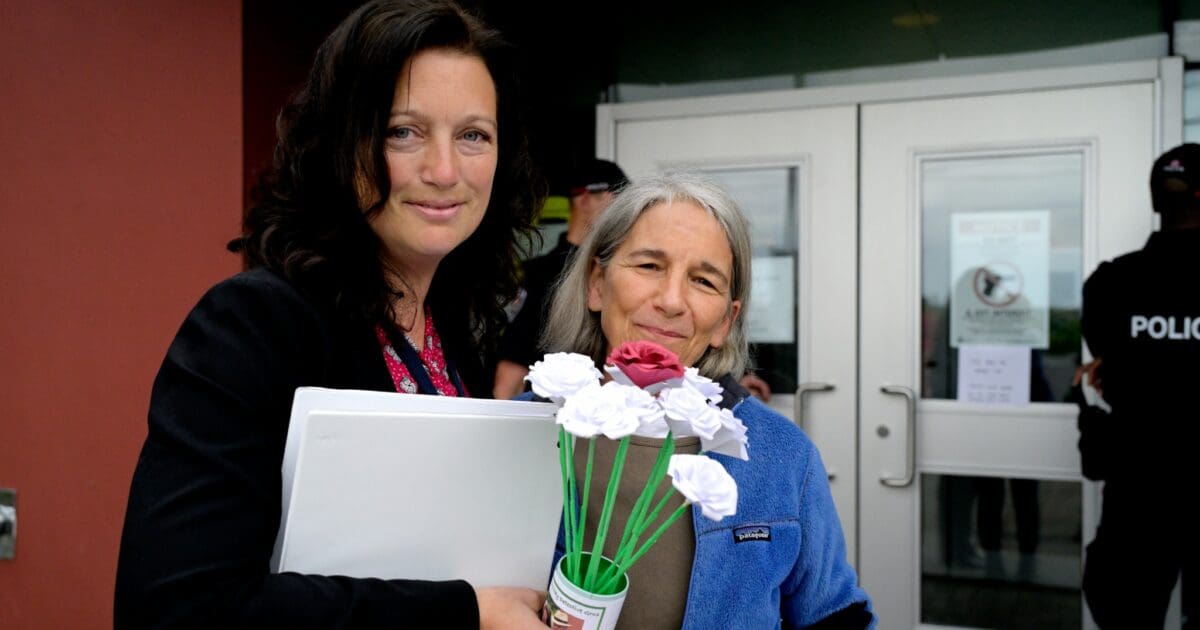







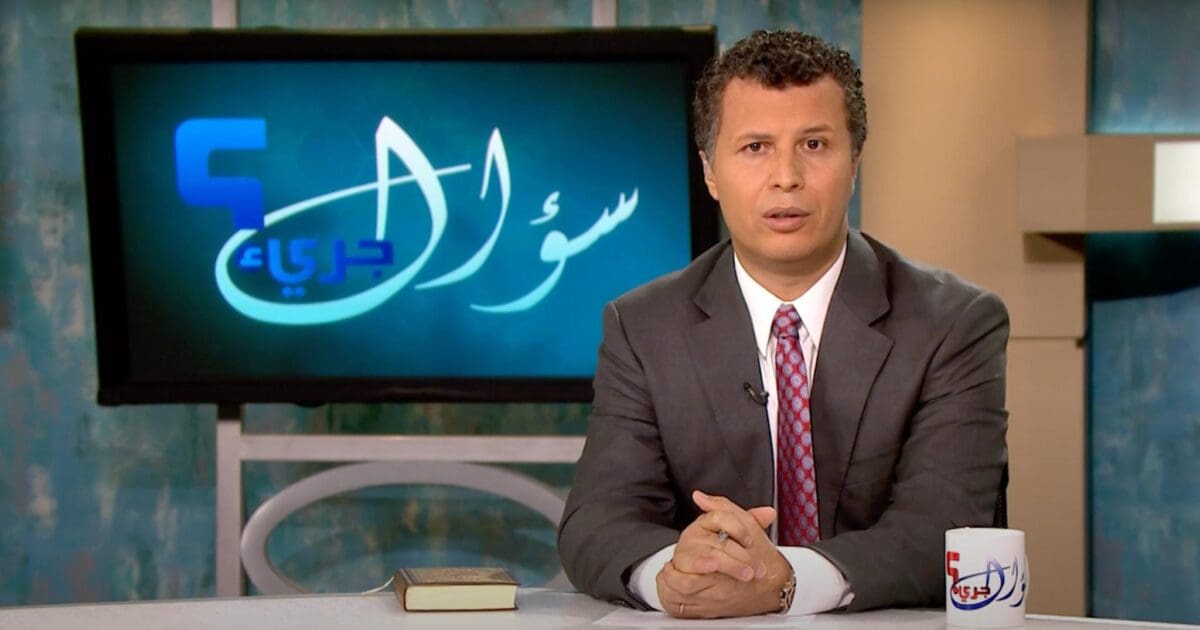
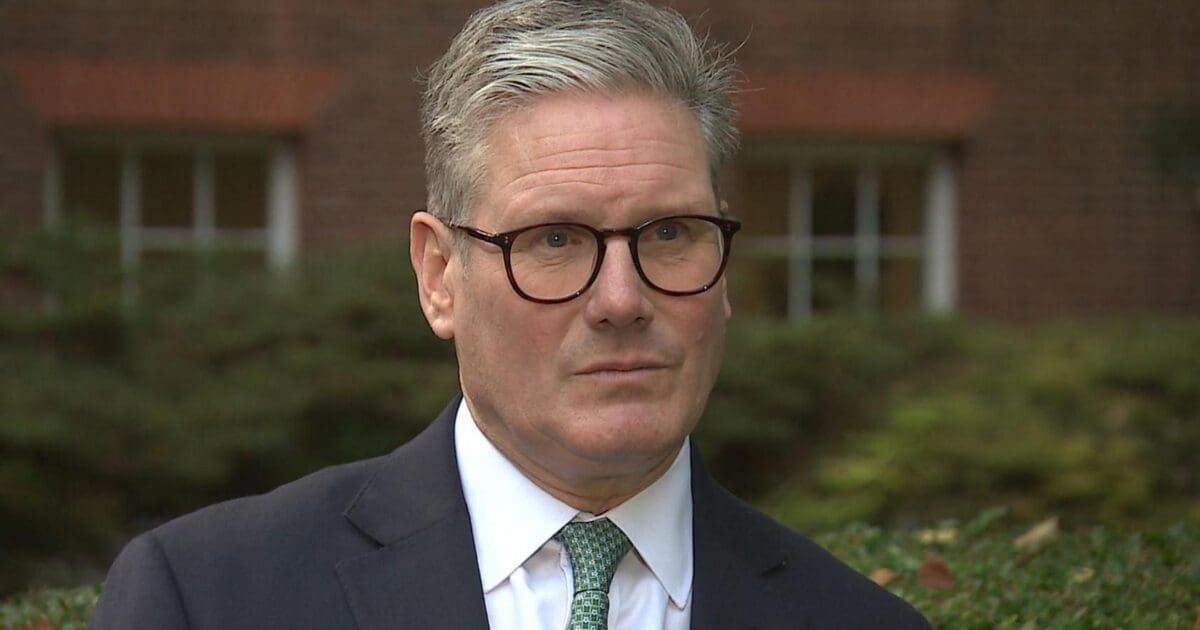

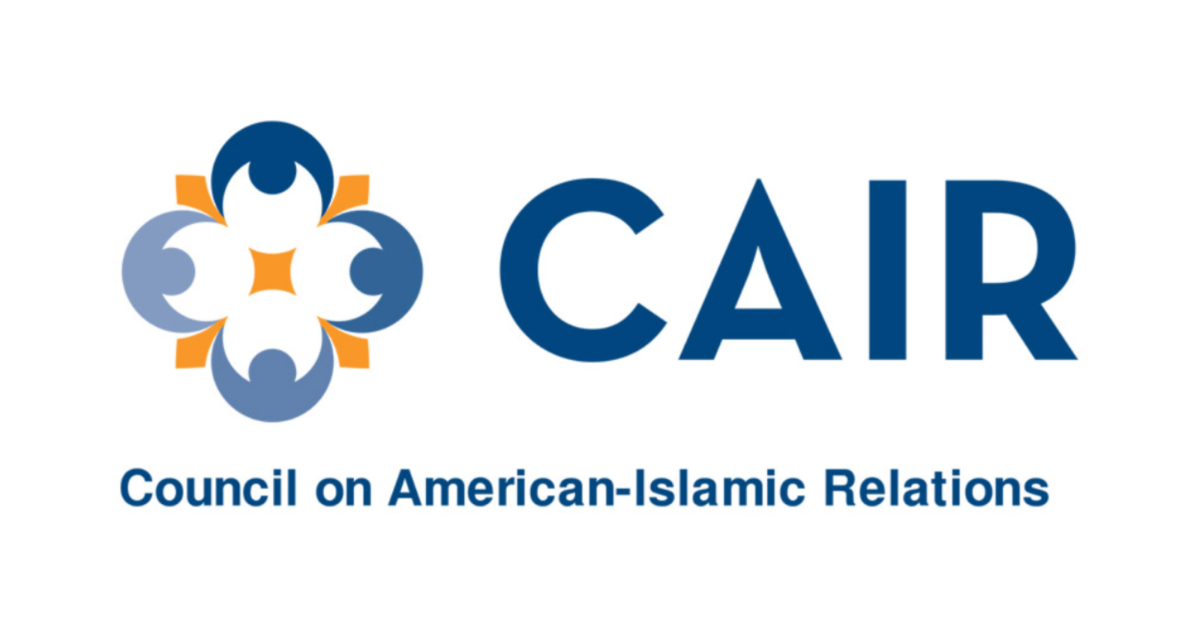
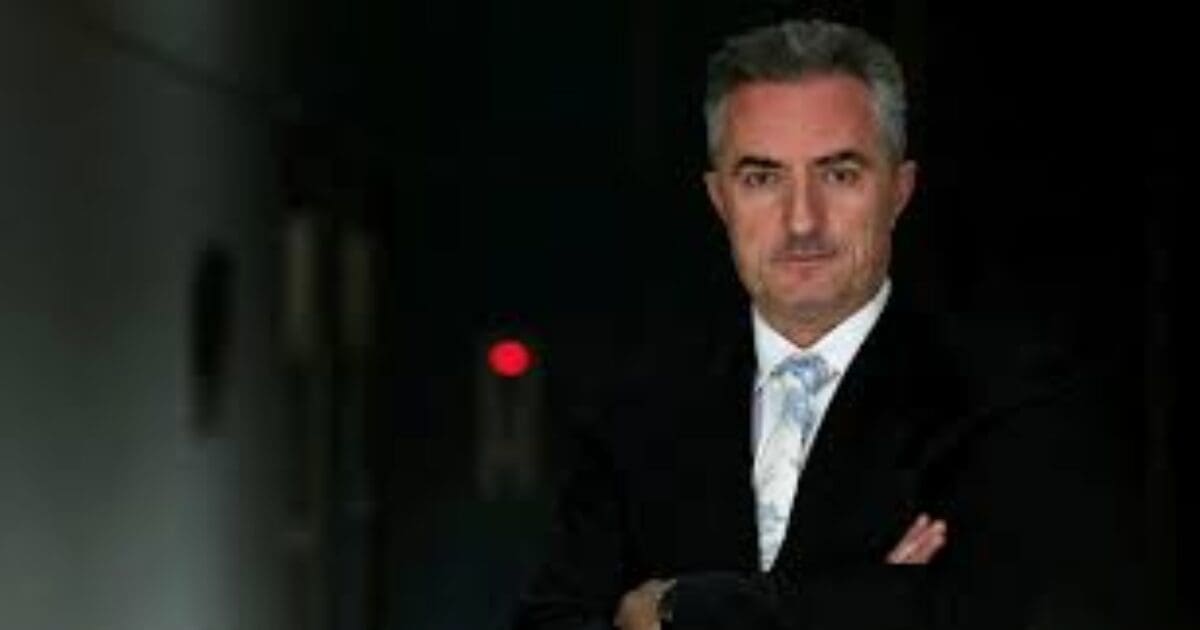
Add comment